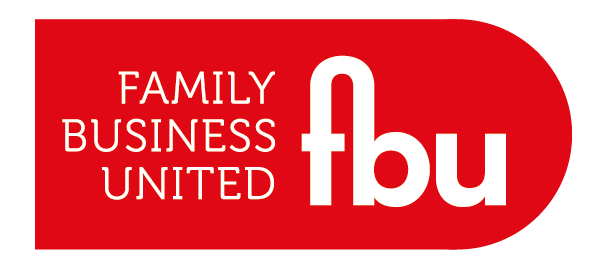What is making Generation Y tick and how can you manage them at work?
Millennials are the generation following Generation X and are the largest growing population within your workforce. With such different attitudes to working than the previous generation, how are you managing your millennial workforce and what shifts will your business need to make?
Our ability to perform is dependent on our skill set, our direction and our motivation. Without motivation, our skill set will not be utilised and we will not reach our destination.
Motivation is therefore fundamental in realising our potential. By understanding more fully what drives you, and others to act in a certain way, you can unlock your potential and help you and your team perform.
Searching for meaning
Last year I was introduced to Motivational Maps, a self-perception inventory which maps out your motivation based on 9 different parts. I had a spike in my ‘searcher’ motivator — a growth motivator driven by being purposeful, feedback orientated and quality critical.
It seems I am typical of a millennial.
According to Unlocking Millennial Talent 2015, a white paper by The Center for Generational Kinetics and Barnum Financial Group, 60% of Millennials said a sense of purpose is part of the reason they chose to work at their current employer.
Seeking security
My Motivational Map showed my second motivator was ‘defender’ — driven by continuity and loyalty with a need for clear and regular feedback.
This is not that surprising to me, but possibly is for generations before. Having grown up in economic recession, we are going to be the first generation to be poorer than our predecessors. We have had to respond to the uncertainty that has come with the recent political shifts. This is happening as we start our careers and advancements in technology are putting our jobs at risk in the future.
The jobs we will be doing at 35 haven’t even been invented yet.
Closer to home, our Generation X parents coated us in positive reinforcement, even when things weren’t going our way. This has meant that often us millennials find negative feedback hard to swallow. Our need for continual development means that we want constructive criticism to grow and be given the opportunity to feel valued as individuals.
Responding to millennials at work
Understanding their motivation through Motivational Maps or more formally as part of their development will help you adapt to their individual needs. Here are four good ideas for managing millennials:
- Coaching and mentoring are great ways to provide continual support which allows time for them to be listened to and consulted with. Consider also arranging regular feedback sessions rather than waiting for year-end appraisals. These strategies will help to boost their sense of career progression which in turn will increase organisation loyalty.
- Opportunities for development are becoming more important than financial reward. According to a PwC report on millennials — 52% said that they felt opportunities for progression made an employer an attractive prospect, ranking above competitive wage or other financial incentives (48%). Creating and reviewing regularly each individuals opportunities for progression through a Personal Development Plan will keep engagement and motivation high.
- Increasing flexibility of the workplace is also important. This does not just mean flexible working hours. Flexibility on location, role and employment status (where possible) are becoming increasingly valuable. Having the option to work from home helps to build capacity for trust and improves loyalty: an environment in which millennials thrive.
- Encourage collaborative working by emphasising the idea not the person. The 2016 Deloitte Millennial survey suggested organisations that adopt an inclusive approach, rather than rules-based, are more likely to be valuable to millennials. Breaking down hierarchical structure will help to motivate millennials. Assigning them as project champions, or asking them to mentor others will help to link their own goals to those of the wider organisation.
Retaining Millennials
Implementing some of the strategies above will go someway to improve loyalty and increase retention rates amongst millennials. Overall retention rates are likely to be lower than previous generations and so building this into your long-term plans is essential.
Alembic Strategy use Motivational Maps as a diagnostic tool to help you understand your own, and others motivation. This increased self awareness can be used to create strategies to maximise potential and improve motivation.




